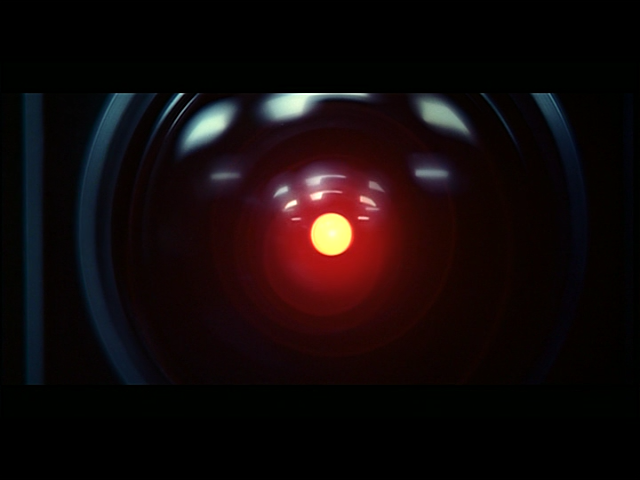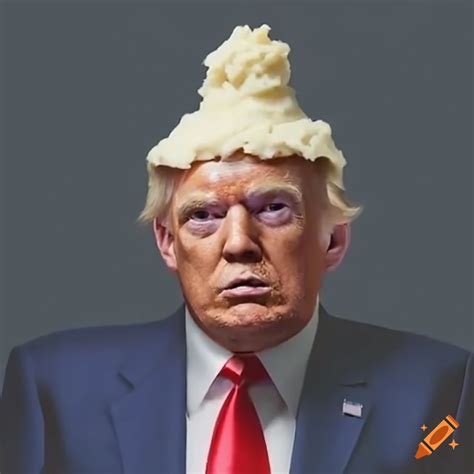The root of what’s going on here can feel obvious: blame inflation, which picked up in mid-2021 and throughout 2022. But that isn’t really the issue anymore, at least not at the current rate, because inflation is coming down. The actual problem here is prices.
They’re not going up nearly as much as they were in, say, the middle of last year, but they’re by and large not declining en masse, either. And in most cases, they won’t get back to where they were in the Before Times.
Still think this is just greedflation. Raising prices because you can. Not because of rising labor costs, supply chain problems, inflation., etc. That might have been true at the start of the pandemic, but it isn’t now. Want an example, streaming prices. There is no reason for increases except greed.
Been saying this for a while. It’s off that all these companies raised prices and also started seeing record breaking profits in the same year. Almost like they didn’t really need to raise them all that much or at all.
They say as much in the article, companies are basically bragging about it at this point. They keep raising prices and we keep buying anyway.
Yep!
Why lower profits when you can keep on chugging?
I really hope at some point it catches up with the corporations without anything resembling an economic crash.
IDK if streaming is a good example. Seems like streaming costs were under calculated and streaming services are adjustingntonreality. NPR talked about how previously, before streaming was anything, movie productions would get kick backs for movies in the theaters, tv spots, movie purchases and rentals. Theater’s are still alive,but not doing well and rentals have had a dynamic shift. No more renting so much as streaming, which is technically rather cheap. The issue stems from the small amount of kick backs going to the show/movie productions since it was a new market. Now, movie productions want more money from streaming since their other sources of income have diminished which is where the streaming cost increases are probably coming from.
I can confirm. Was in retail management until recently. Owner regularly boasted about how much money he made because he saw the beginning of the pandemic and bought a ton of product at the low prices they were at before prices started going up. Then raised prices to be 30% more than the competition raised prices.
“People expect prices to go up, but they won’t be able to shop around so they will pay the extra. With all the shipping and package theft problems nobody will trust Amazon so it doesn’t matter if we are charging nearly twice as much. They want what we have and they will pay the price we set.”
When I left they were still nearly double the price of LOCAL competition and still pulling profits. The thought is even if 30% of the customers leave and go somewhere else, with the margin being ridiculously high we still came out on top.
“We make money by being the first to raise our prices and the last to lower them.”
“We” was actually the owner.
Bonuses were “Not Available” due to rising cost of operating during a pandemic. Raises were limited to cost of living increases based on state adjustments (which were far lower than our area).
TL;DR The consumer is getting fucked at both ends.
Thanks for reminding us Vox.
Alwats has been.
This is a great example of why completely de-regulated markets don’t work. It’s the government’s job to ensure that consumers have choices and prevent both regional and outright monopolies.
Provision of choice allows consumers to vote with their wallets unless firms collude to fix prices.
Either way, this is the fault of government regulators.
I do believe market economies are still the most efficient means of managing resources, but there have to be guardrails. Free Market implies that consumers are free to choose, but that choice shouldn’t come down to Option A or Nothing.
Republicans have spent decades hindering federal regulatory bodies when they can’t order them to stand down completely. It may be regulatory failure, but it isn’t all their fault. It’s the fault of free market cultists who were inadvisably given the power to keep the government from doing its job.
The free market is like a horse–powerful, but only useful to us when we’ve put proper bounds on it. An untamed market is more likely to kick us in the head than give us a ride.
I think this is moreso the case of how economics works. Inflation is a one way street because deflation is so much worse. The Great Depression saw -7% deflation.
Did the author of the article check how inflation is calculated? Or just the dictionary definition if basic economics are too complex?
I mean, maybe their argument is that prices are actually going faster than inflation should actually be going?
We do have multiple reports of industries making record high profits despite the inflation.
Greedflation.
Dont you label proactive price corrections as greed!
Inflation is the rate at which prices are increasing.
They aren’t increasing that much right now. They’ve reached a plateau, the problem is that it’s a high plateau.
Hence, the problem right now is not inflation, the problem is getting used to the “new normal” prices.
Aren’t there lots of different calculations on inflation? Like in the US it’s typically CPI but obviously that’s not applicable everywhere.
I’m guessing the basic economics were too complex.
Economics always does jazz hands for the middle part, the part between the macroeconomic money supply and microeconomic prices.
Well… “Why inflation?” is a very different question than, “What is inflation?”
Inflation is a measurement of change in prices, and determined by actually sending shoppers out into the field to check prices on a hypothetical “basket” of consumer goods. So the statement that, “The problem isn’t inflation. It’s prices.” is nonsense.
The text goes on to clarify that prices really aren’t going up like they did during the pandemic, making it clear that the title was clickbait all along.
So the statement that, “The problem isn’t inflation. It’s prices.” is nonsense.
Your own definition shows it’s not nonsense. If prices are high, but stable, then the problem is no longer inflation.
You already know the answer.
deleted by creator
I think that investigation is scheduled after the next 2 Hunter Biden investigations and the investigation into Congressional insider trading.
Someone has to enter the Hunter Biden revenge porn into the Congressional Record.
This is the best summary I could come up with:
“Inflation in the US is falling relatively quickly compared to all of our other peer countries, and we have the strongest growth out of the recession,” said Felicia Wong, president and CEO of the Roosevelt Institute, a progressive think tank.
The truth is we’re never going back to how things were in 2019 — we won’t be returning to the office at the same levels, we’ll never hear “corona” and only think of beer, and that night on the town is going to cost us more than it did before.
Even if prices have stopped going up at the rate that they were, it still sucks if you still are anchored to what things were in 2019,” said Matthew Klein, the founder and publisher of The Overshoot, an economic research service.
As the Wall Street Journal noted in October, the prices of a number of items, from milk to gasoline to new cars, have declined from their recent peaks but are still above where they were ahead of the outset of the Covid-19 outbreak.
Deflation is also a negative for contracts like mortgages and other debt instruments, he explained, because the amount of money borrowers have to pay is fixed, and if prices are falling, it becomes more of a burden.
Wage growth lagged inflation throughout much of the past couple of years, meaning that while people were getting more money in their paychecks, it didn’t feel like it because prices were going up so fast.
The original article contains 1,909 words, the summary contains 246 words. Saved 87%. I’m a bot and I’m open source!
We need to print that on motherfucking bumper stickers and shirts.
Not nearly enough people talking about this.
Inflation rate is coming down, and prices are going up slower than the were. Prices do NOT go down as long as inflation is at a positive rate. It would require deflation for prices to drop, and that would be bad for different reasons.
ECON 101.
Po-tay-to
Po-tah-to?
I see your point. Inflation is simply the aggregate change in consumer prices. It’s kind of ridiculous to suggest that prices are rising if inflation is going down. Inflation is literally the change in prices for a defined basket of common consumer goods.
She uses eggs as an example, but retail prices on eggs are back down to pre-pandemic lows, and were high earlier this year because of an avian influenza epidemic, not due to supply chain issues associated with COVID.
Prices can still be rising even if inflation is going down. In fact prices should in theory always be rising because <0% inflation is essentially a death knell for an economy.
So the fed will do anything in their power to prevent that. That fed reserve rate would go down to 0% pretty quickly
Boil em, mash em, turn the consumer into stew?
Soylent Green, is made of PEOPLE!









